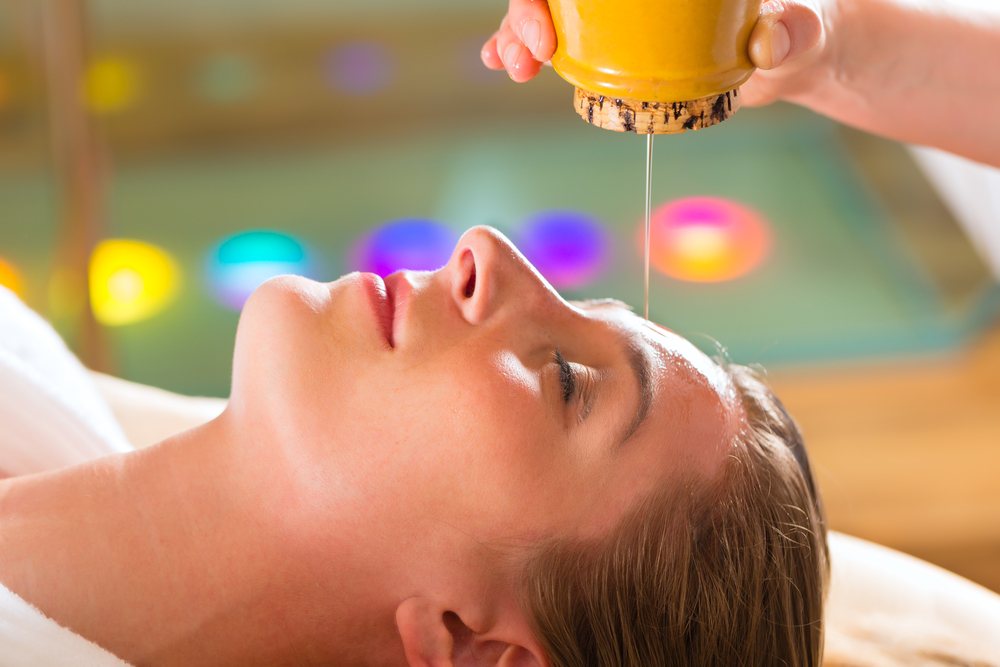For women who have not been able to have children, in vitro fertilisation (IVF) is one way of trying to have children. However, there are risks involved and it is less personal than natural conception. Especially in a partnership, it is worth looking at other alternatives. Essential oils may be one solution. The following article explains what they are, how they work and which specific products can increase fertility.
What are essential oils?
Essential oils are liquid and usually highly flammable mixtures of substances. Unlike their fatty counterparts, which you may be familiar with in the form of olive oil or sunflower oil, they are volatile and have a very strong aromatic odour. This varies from oil to oil. Because of the memorable smell, oil application is also called aromatherapy.
The precious liquid is extracted from plants. Each oil has a specific role to play in maintaining the plant's physiological functions or protecting it from pests. These beneficial properties have been used by people since ancient times.
Each oil has a very specific spectrum of activity. Essential oils can have antibacterial, anti-inflammatory, calming, mood-lifting, circulation-enhancing, warming or antispasmodic effects. Some candidates can also have a positive effect on fertility.
What to look for when using an essential oil
Before deciding which oil to use, it is important to find a good source of high quality products.
Unfortunately, the term "essential oil" is not protected by law and can therefore be used for different products with very different properties. A high quality and effective essential oil should have been gently extracted from the plant. This is usually done by steam distillation.
Terms such as 'natural' or 'naturally pure' are not legally protected and do not guarantee that the oil is natural and not a synthetic imitation.
You should also check whether the product is a pure oil, a blend or a dilution.
Always check with your local retailer about the quality of their essential oils.

Possible side effects during use
When used correctly, essential oils are very mild. However, undesirable side effects may occur, usually in the form of local skin irritation or allergic reactions. In general, aromatherapy is not recommended for pregnant women, nursing mothers and babies.
If you are unsure about the side effects, you can seek advice from an experienced health practitioner or doctor.
Increase fertility with aromatherapy
Fertility problems can have many causes. Some examples are listed below:
- Advanced age
- Hormonal disorders
- Organic causes such as infections, cysts or deformities
Stress - Genetic predispositions or defects
At first, don't expect miracles from an essential oil. But using aromatic oils can help you relax, harmonise your hormonal balance and stimulate your libido.
The following oils are suitable for this purpose:
1. Clary sage
Clary sage oil (Salvia sclarea) contains the active ingredient sclareol, which has a molecular structure very similar to that of oestrogen. Using this oil can therefore help to normalise and stabilise your hormonal balance.
Clary sage also has euphoric and aphrodisiac properties.
You can use the oil externally as a massage. Mix 5 drops with a teaspoon of oily carrier oil. Evening primrose oil is a very good carrier oil. During the first half of your cycle, massage your abdomen with this mixture twice a day.
After pregnancy, however, you should stop this treatment. You should also make sure that you do not do anything that requires concentration after the massage. Clary sage also has a euphoric and slightly intoxicating effect and may temporarily impair your ability to concentrate.
2. Ylang-Ylang Oil
Ylang-ylang (Cananga odorata genuina) has very strong aphrodisiac properties with its beguiling scent. It also has antispasmodic, relaxing and hormonal balancing properties. It is therefore an excellent oil to add to a muscatel ointment.
Add one or two drops of ylang ylang oil to your clary ointment mixture.
Please note that excessive use of ylang ylang can rarely cause headaches and nausea.
3. Monk's Pepper Oil
Monk's Pepper (Vitex agnus-castus) has long been used in natural medicine to treat premenstrual syndrome and menstrual disorders. The plant and its oil have a regulating effect on a woman's hormonal balance. It promotes the release of progesterone, the corpus luteum hormone, which stimulates the formation of the uterine lining. Progesterone also plays an important role in the implantation of the fertilised egg in the uterus.
Monk's Pepper oil may therefore be helpful in increasing fertility in cases of implantation disorders. Take two drops on a teaspoon of almond or jojoba oil and rub it into your lower abdomen twice a day during the second half of your cycle.
This use should also be stopped once pregnancy has occurred.
4. Oil of geranium
Geranium oil (Pelargonium graveolens) also has a positive effect on hormone balance. It also relieves tension, can lower blood pressure and is generally very calming.
Geranium oil can be added to a monk's pepper or clary sage oil blend. Simply add a drop to each blend. Alternatively, the oil can be inhaled dry or absorbed through the nasal mucous membranes by room scenting.
Geranium oil has no known side effects.
5. Oil of ginger
The oil of the ginger root (Zingiber officinales) with its aphrodisiac properties can also be used to help fulfil the desire to have a child.
You can use it as a bath additive or add it to a massage oil. Inhaling the oil stimulates the libido and can help you and your partner to become intimate without tension.
After pregnancy, however, you should refrain from using ginger oil.

«Some oils can have a positive effect on fertility.»
Summary
The use of essential oils is one way to help you try to have a baby. The oils mentioned above have the potential to positively influence your fertility and can help you with both natural conception and IVF.
However, you should not expect miracles. The oils have a superficial effect and can support all other measures. They are not a substitute for medical treatment.
